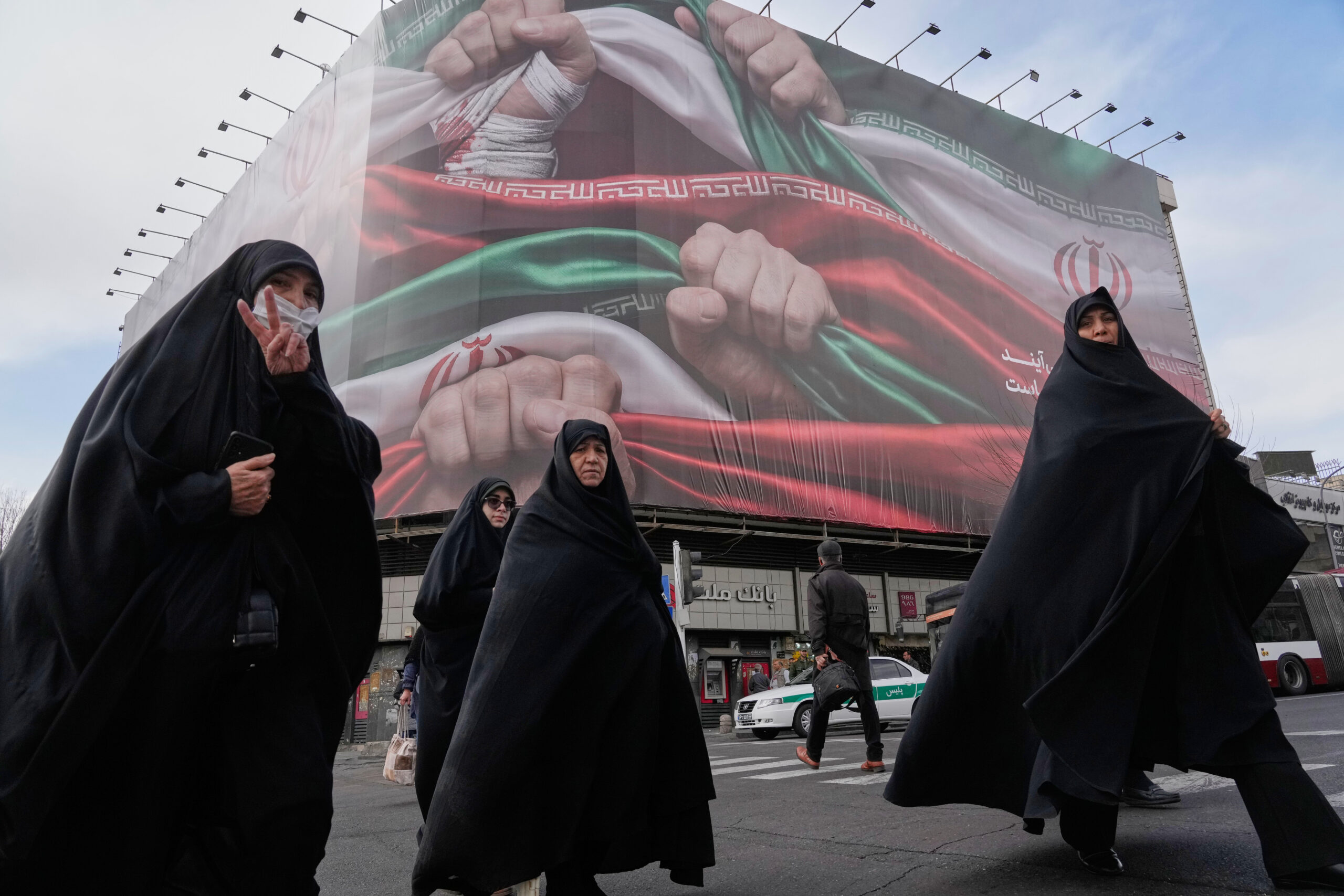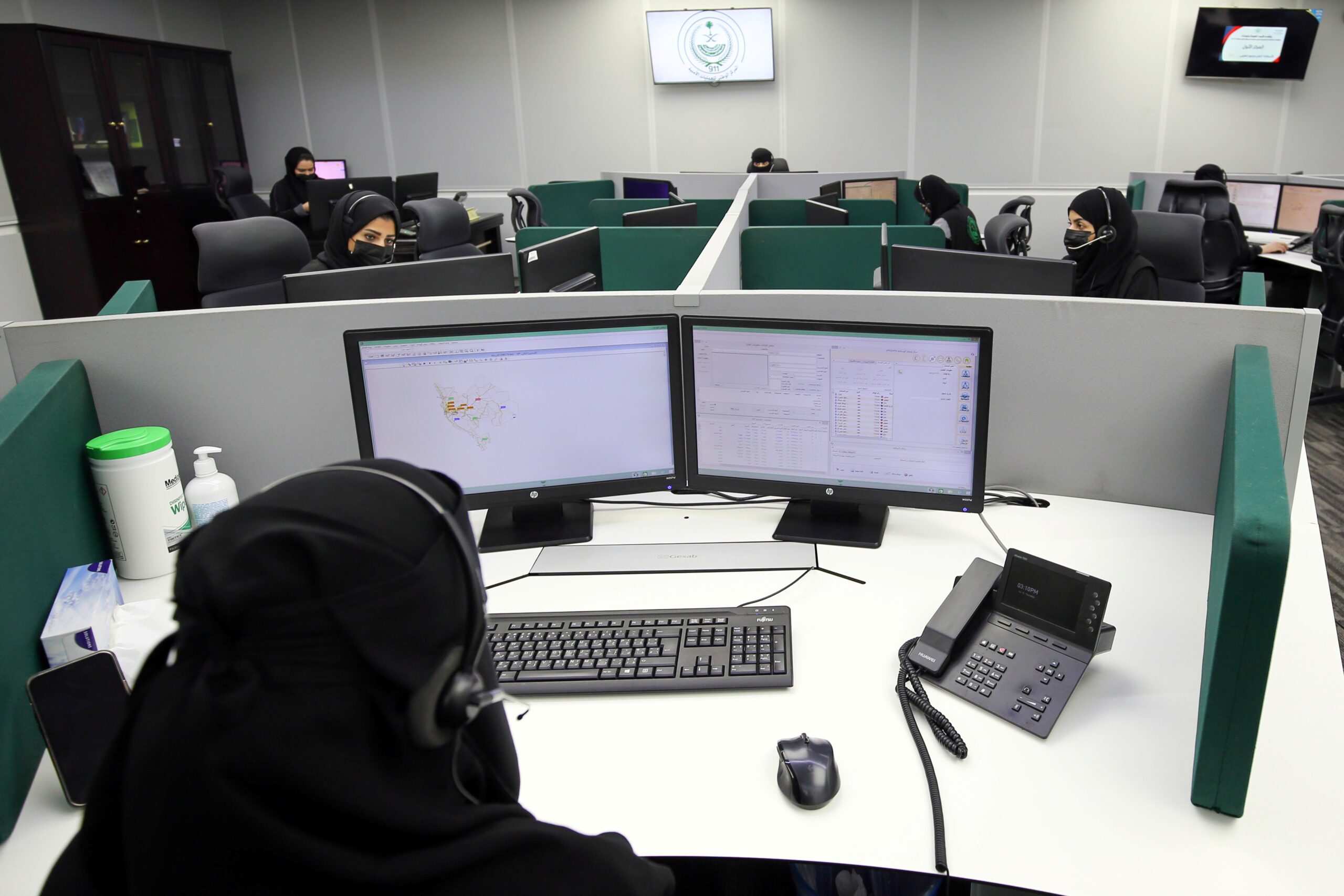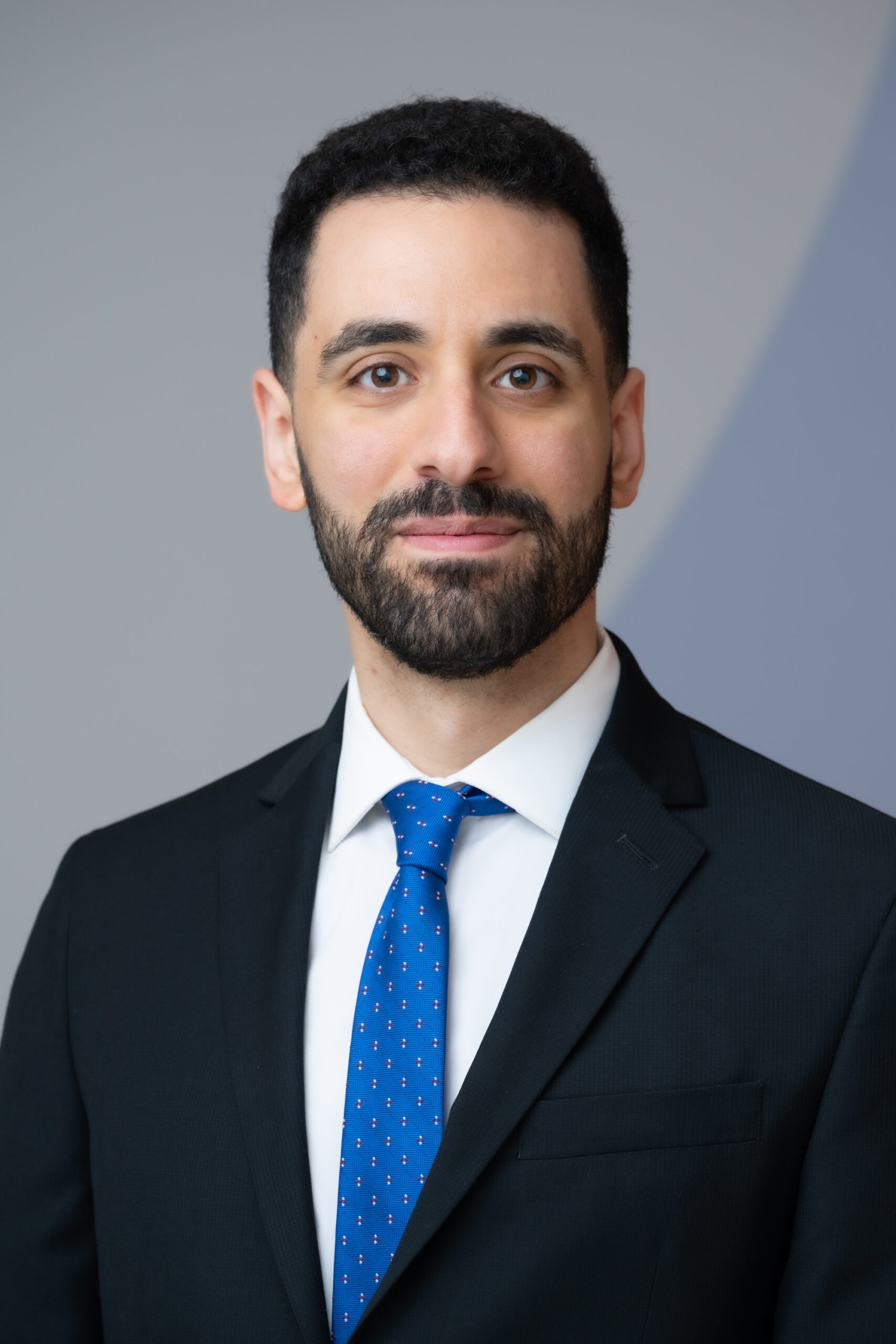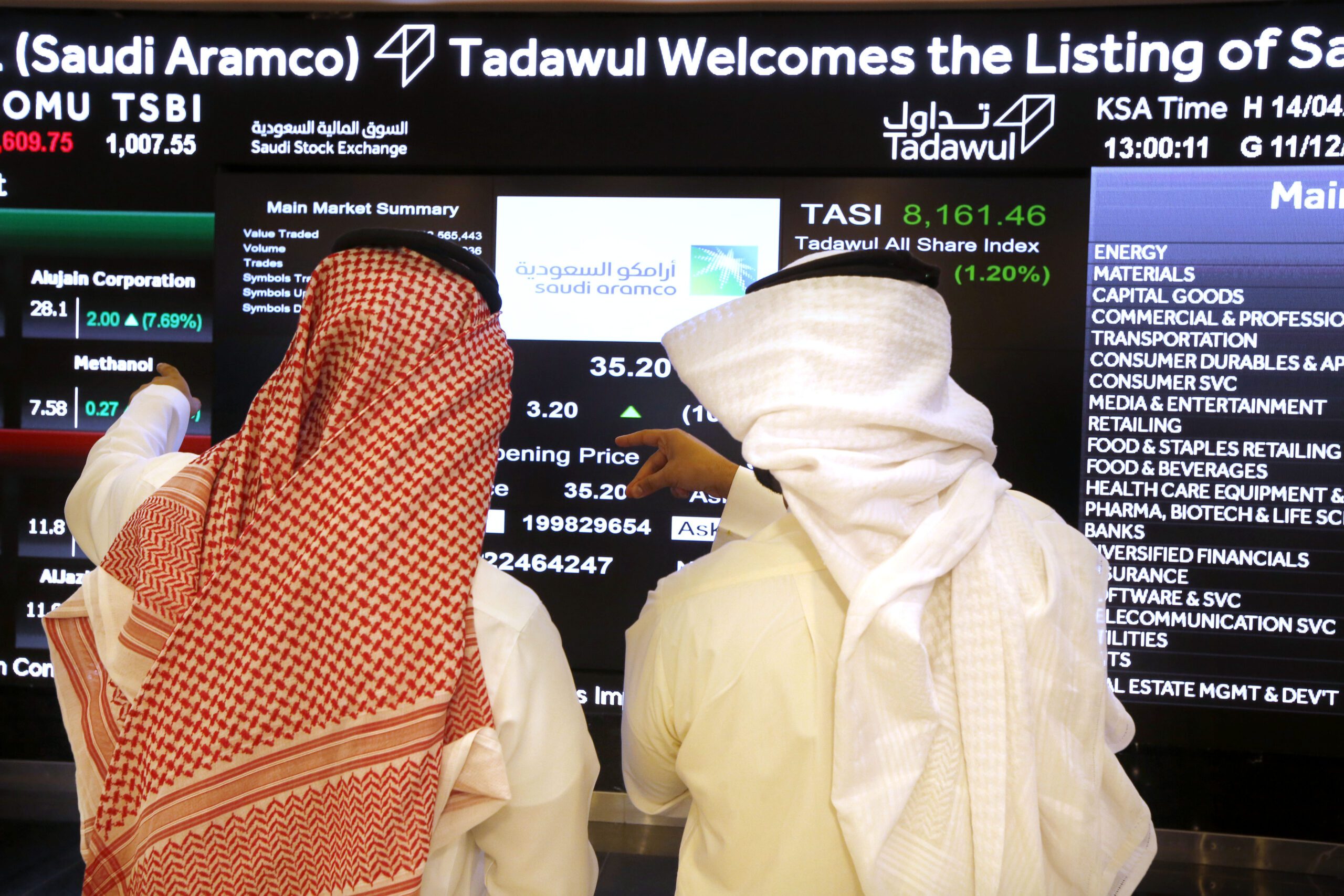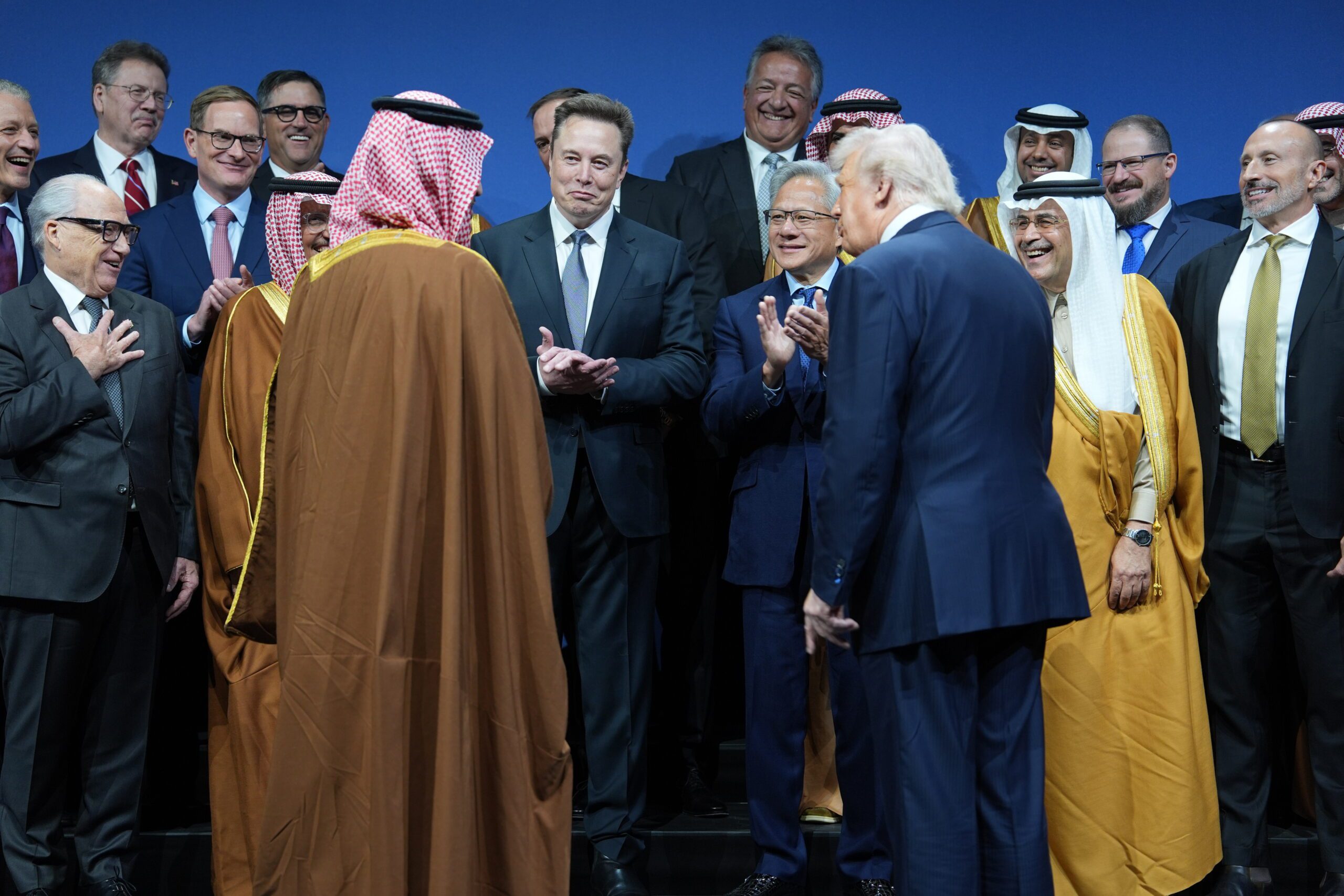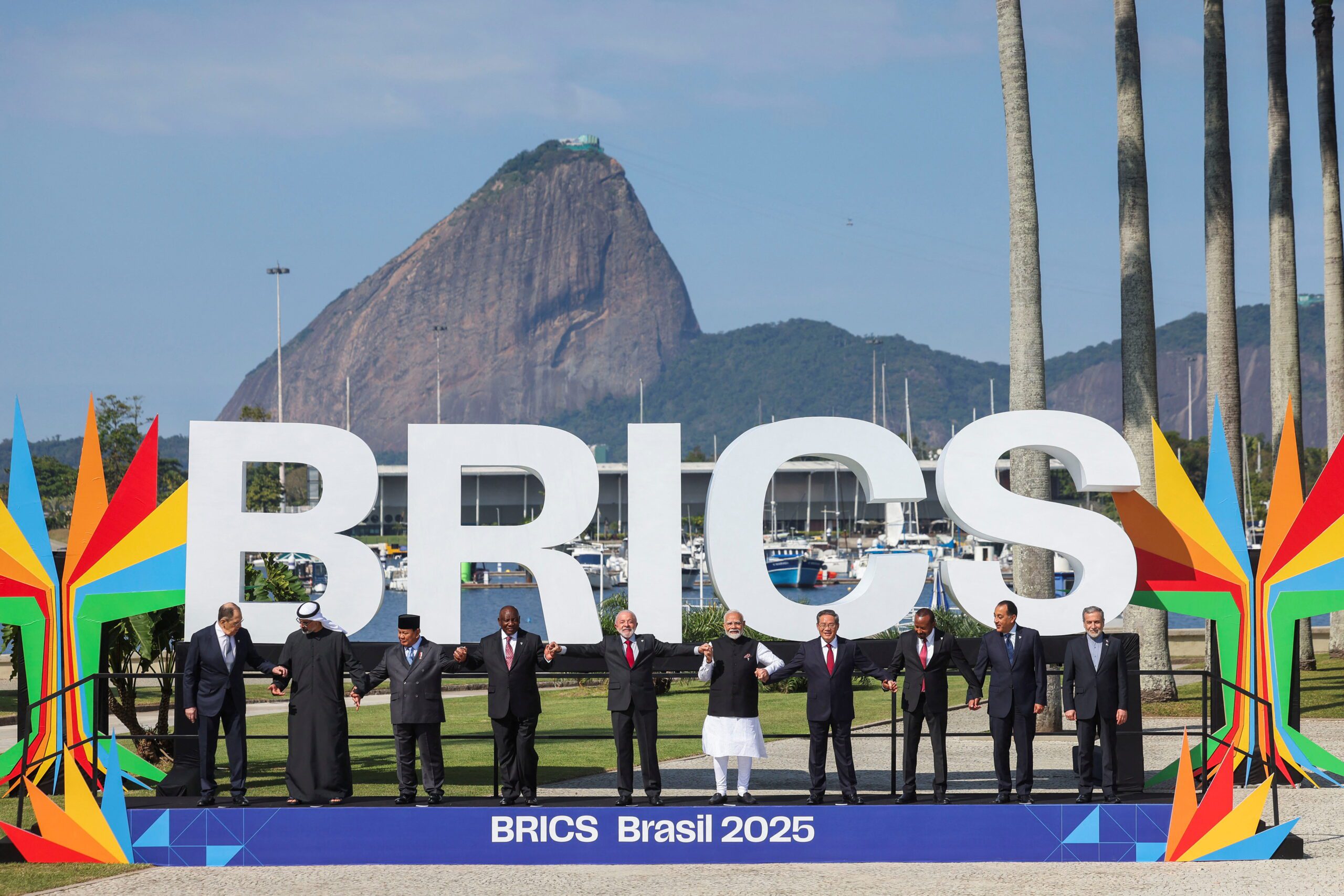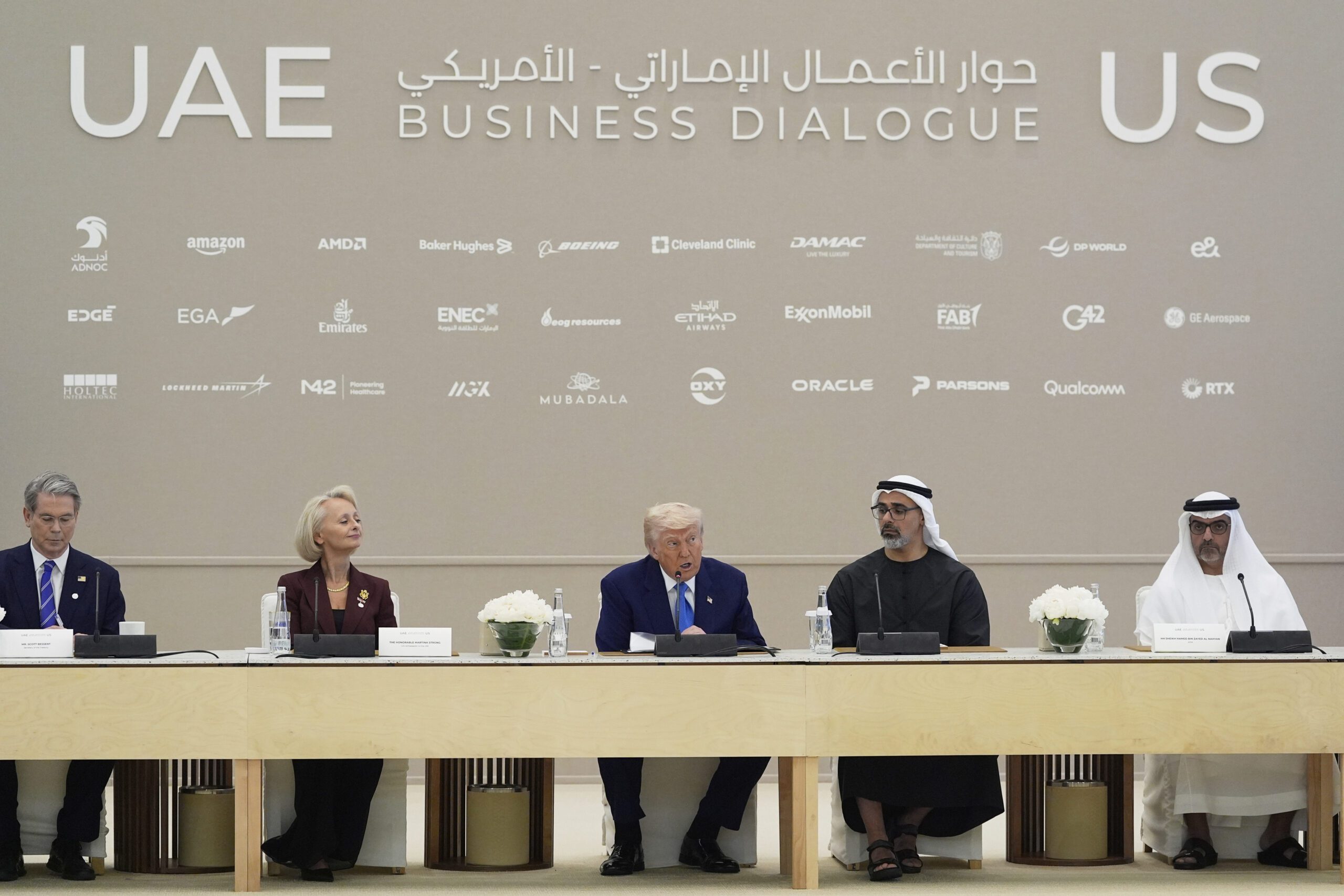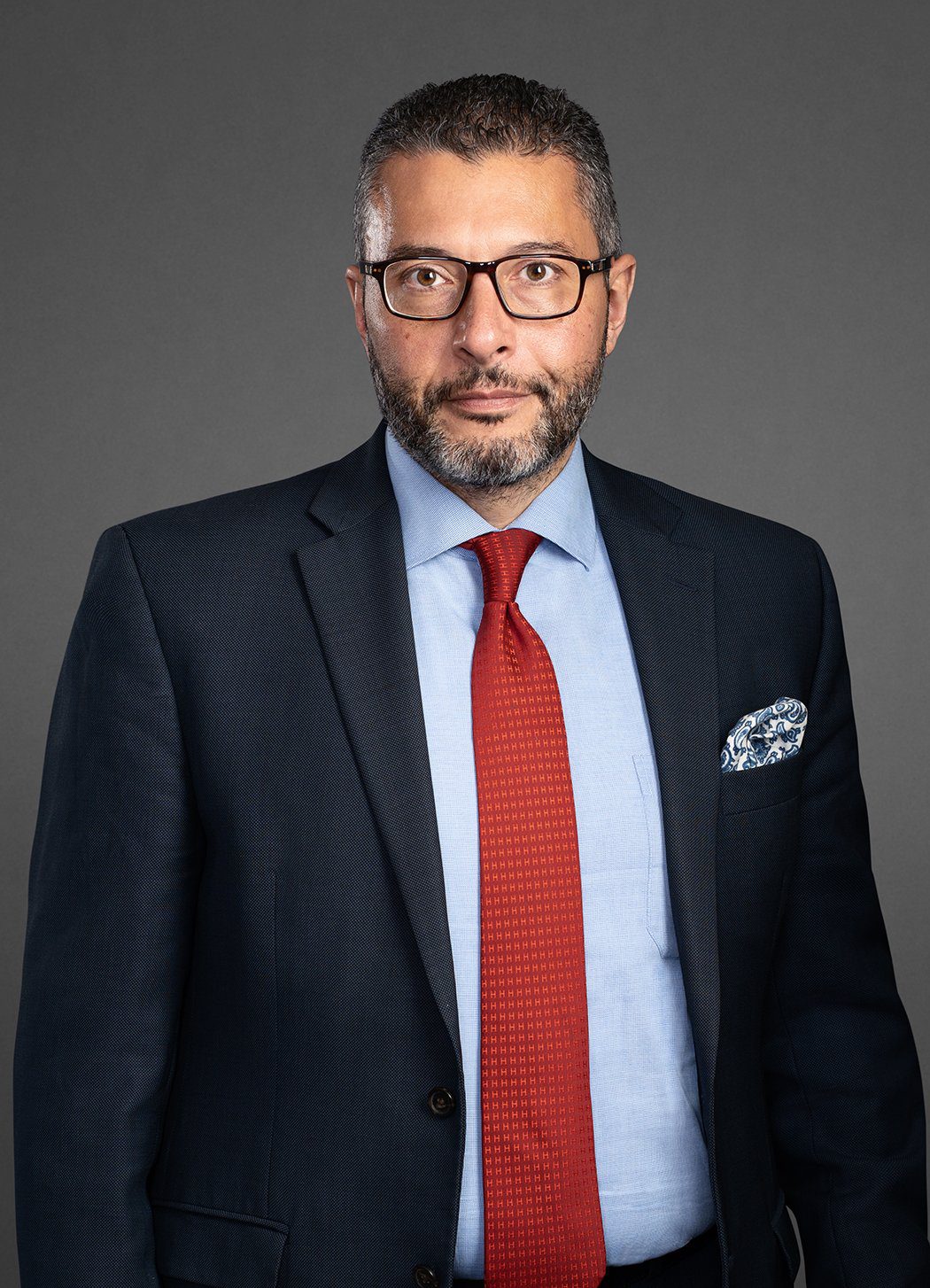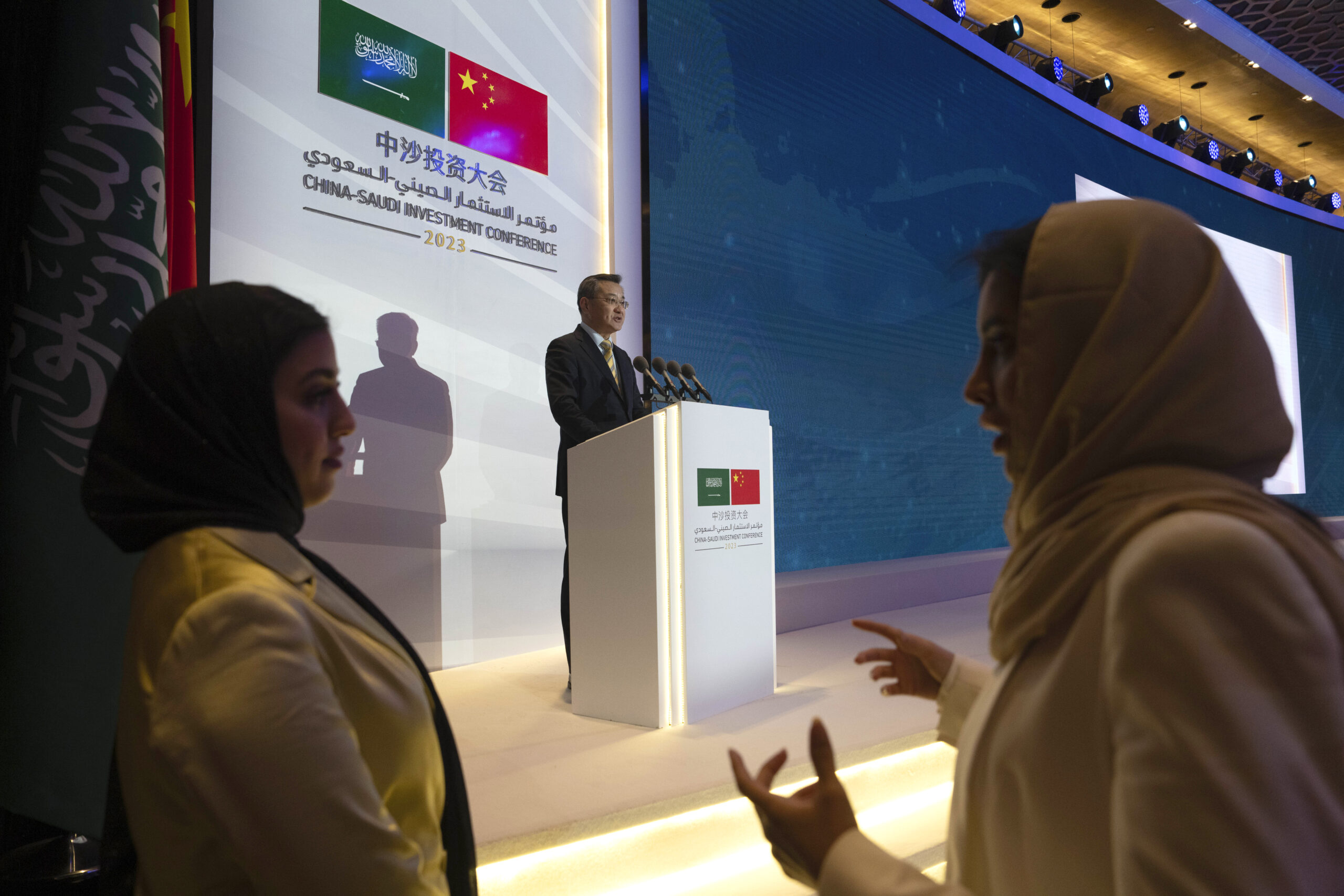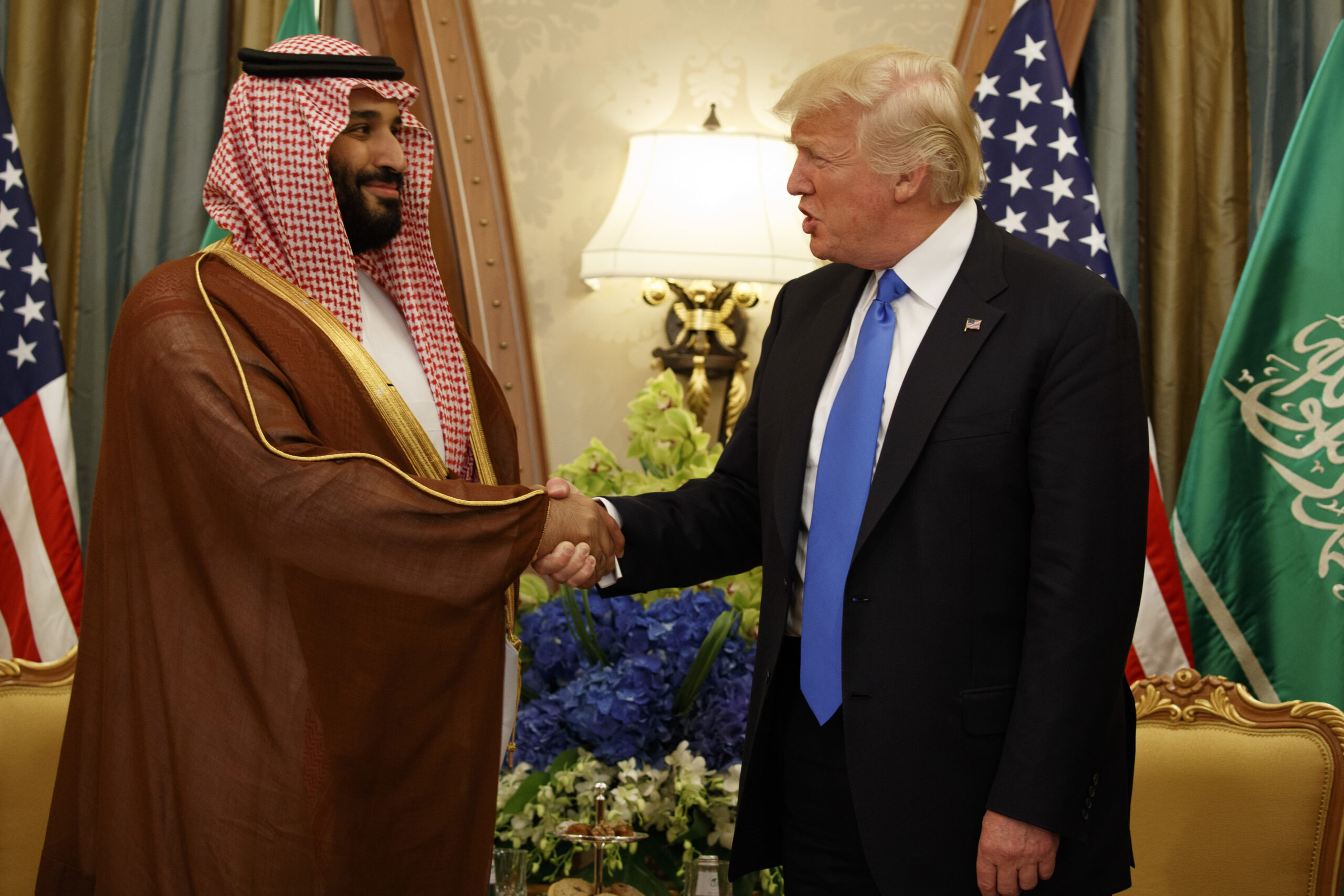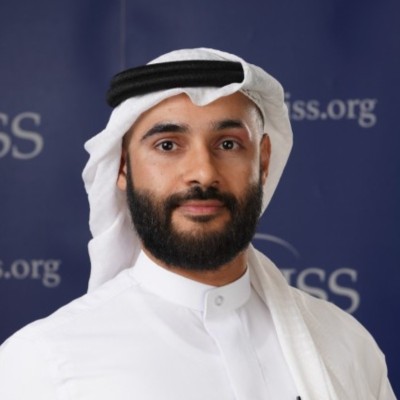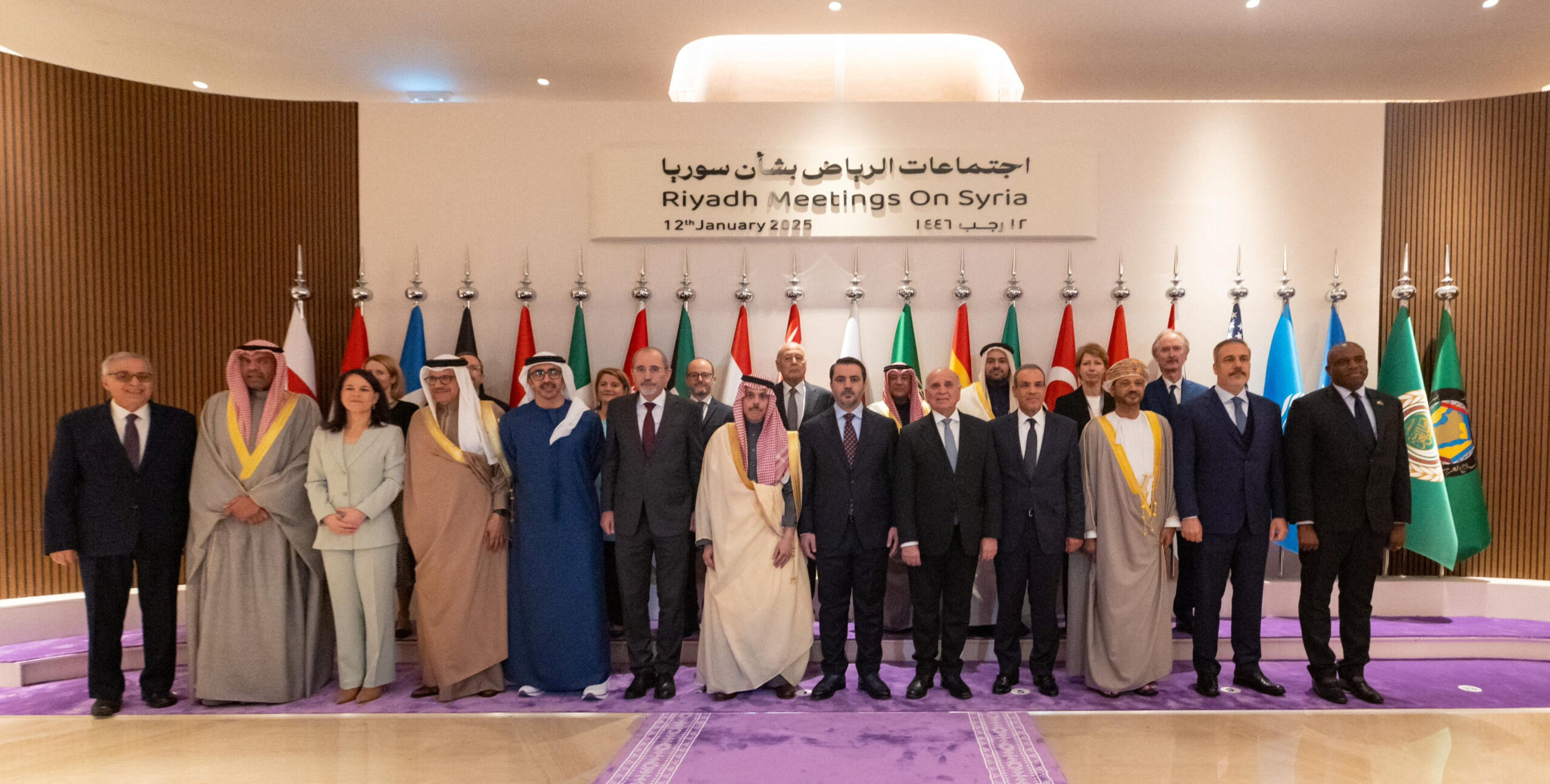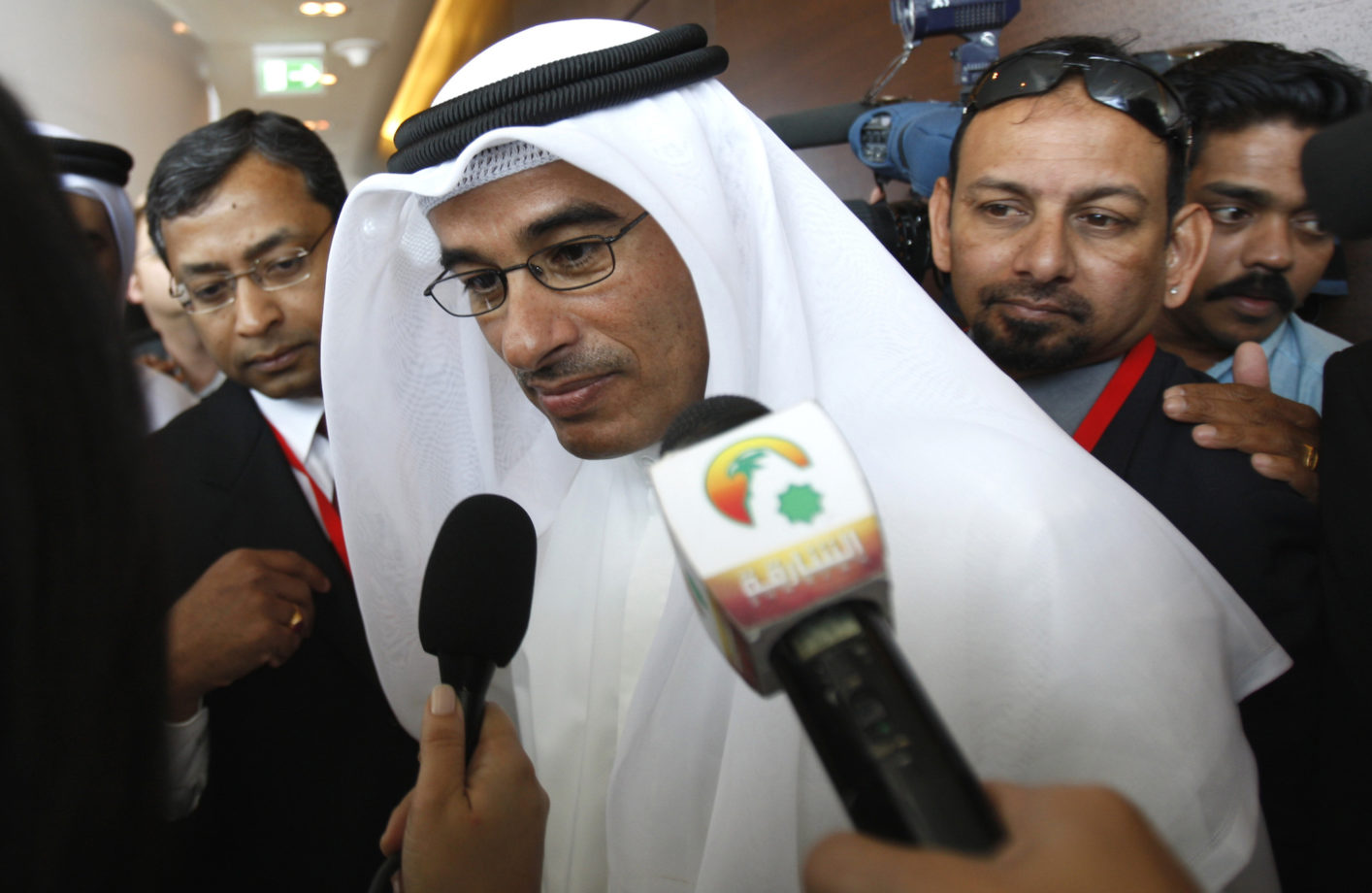
Discussions between Amazon Web Services and Saudi Arabia to establish a direct presence in the country forecast a broader commercial struggle for control over the e-commerce market in Gulf Cooperation Council countries. While Amazon’s cloud-computing division initially aims to open new data centers in Saudi Arabia, an agreement would likely accelerate the expansion of Amazon warehouses and its third-party marketplace. These commercial developments reveal a dynamic and competitive e-commerce sector shaping state-business relations in the Gulf.
Large disposable incomes and strong telecom penetration in the GCC states will help fuel an e-commerce market estimated to reach $20 billion by 2020, according to A.T. Kearney. Bullish estimates offered by PayFort predict that e-commerce markets in the United Arab Emirates and Saudi Arabia will grow to $27 billion and $22 billion respectively. And the market has room to expand: E-commerce contributes less than 0.5 percent to the economy in the UAE compared with 2-3 percent in mature markets.
Regional governments, multinational firms, and elite business actors desire a piece of the economic pie. This demand reflects a broader trend of new partner investments in technology and infrastructure across GCC countries. The UAE and Saudi Arabia will remain the key state players shaping new partner investments in the e-commerce sector, while the remaining GCC countries are likely to assume either supporting or backseat roles on the market’s periphery. Moreover, opening GCC economies to e-commerce firms and developing the requisite digital infrastructure promise disruptions to the retail sector, heightening the likelihood of negative political repercussions for regional governments.
The Contenders
The Emirate of Dubai represents a natural hub for e-commerce firms. Marketed by government officials as a leader in innovation, Dubai possesses an advanced free zone infrastructure, expertise in logistics, and a global reputation as a commercial center. The emirate recently spent over $735 million on CommerCity, an e-commerce-focused free zone located near Dubai International Airport. The new free zone is a joint venture between the Dubai Airport Freezone Authority and wasl Asset Management Group, a real estate management company created by the Dubai Real Estate Corporation. Maktoum bin Mohammed al-Maktoum, deputy ruler of Dubai and son of the current ruler, serves as chairman of wasl.
The region’s most promising e-commerce startups, Souq.com and Noon, both launched in Dubai. Amazon purchased Souq.com for $579 million in 2017; the acquisition allowed Amazon to access Arabic-speaking consumers paying in local currencies. Dubai billionaire Mohamed Alabbar, chairman of one of the world’s largest real estate development companies, Emaar Properties, plans to rival Amazon’s Souq.com with his e-commerce firm, Noon. Saudi Arabia’s Public Investment Fund invested $1 billion in Noon, adding a layer of complexity to Amazon’s ongoing negotiations to operate directly within Saudi Arabia rather than through third-party providers.
Saudi Arabia’s geography and demography serve as inherent advantages for attracting e-commerce firms. It is the only member state that possesses overland linkages – either land or bridge – with all other GCC countries. In terms of demographics, Saudi Arabia contains approximately 60 percent of the GCC countries’ residents and nearly 80 percent of GCC national citizens.
Yet, Crown Prince Mohammed bin Salman is keen for Saudi Arabia to become a de facto tech hub rather than simply serving as a consumer market. During 2016, the crown prince courted tech firm CEOs in the United States and agreed to provide $45 billion in funding to Japan’s SoftBank over the next five years. The planned $500 billion megacity on the Red Sea coast, Neom, announced by the crown prince in late 2017, promises a futuristic, robot-dominated playground for e-commerce firms. SoftBank plans to invest $15 billion in Neom and an additional $10 billion in other Saudi projects, anticipating a recycling of Saudi investments back into the domestic economy. Moreover, the country’s Vision 2030 aims to “increase the contribution of modern trade and e-commerce to 80 percent of the retail sector by 2020.”
Small consumer bases, underdeveloped infrastructure, and strained political relations relegate the remaining GCC countries to a second-tier position in the region’s e-commerce market dynamics. These countries will likely function as part of a broader network of digital support and distribution centers linked to e-commerce clusters in the UAE and Saudi Arabia.
Amazon Web Services intends to construct three data centers in Bahrain by 2019; however, Bahrain’s historical significance as a socially liberal, market-entry point to Saudi Arabia will diminish as more e-commerce firms operate directly within the Saudi market. Oman operates Knowledge Oasis Muscat, a technology free zone, but the low-key hub nevertheless remains on the region’s periphery. Kuwait’s mid-sized domestic market will drive demand for e-commerce, but the country lacks standing as an emerging technology center in the Gulf region. Finally, the economic embargo embroiling the small state of Qatar complicates efforts by e-commerce firms to optimize supply chains across the region.
Political Pushback
Opening the domestic market to e-commerce firms may heighten political tensions surrounding employment issues. For example, Saudi Vision 2030 seeks to add a million jobs in retail for citizens, and the Ministry of Labor and Social Development issued an order in April 2017 requiring positions at shopping malls be staffed only by Saudi men and women. However, the proliferation of major e-commerce firms in Saudi Arabia may complicate government initiatives to generate more roles for Saudis in the retail sector.
Major “disruptions” to labor-intensive industries, especially those reserved for Saudi citizens through government interference in the labor market, could induce negative political consequences within Saudi Arabia. Therefore, e-commerce firms hoping to garner government support for operations within Saudi Arabia must emphasize their in-country value – the total contribution to the social and economic development of the country.
Employment concerns remain less contentious in the UAE, where only 10 percent of the country’s residents are Emirati and the retail sector does not represent a major employer of its citizens.
A New E-Future
E-commerce firms like Amazon and Noon represent attractive investment opportunities for GCC states – especially those seeking to offer tangible evidence of economic diversification progress. Yet luring established e-commerce firms into GCC markets may both require commercial concessions and initiate longer-term structural changes to GCC labor markets that conflict with government policies to protect privileges for incumbent firms and national citizens. Thus, GCC governments should carefully measure the costs and benefits of promoting the e-commerce sector and realistically assess their ability to control the sector’s steady advance in the region.
The views represented herein are the author's or speaker's own and do not necessarily reflect the views of AGSI, its staff, or its board of directors.


